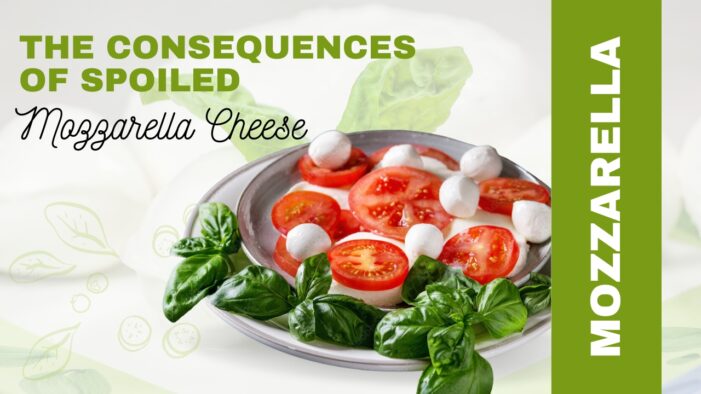We’ve all been there – you’ve found a forgotten package of mozzarella cheese at the back of your fridge, and you’re faced with the dilemma of whether to toss it or take the chance. The risk, though, isn’t worth it. Consuming spoiled mozzarella cheese can have serious health consequences, from mild discomfort to serious illnesses. In this article, we’re going to delve deep into what exactly happens if you eat bad mozzarella cheese, and why it’s so important to prioritize food safety.
Mozzarella cheese, beloved for its versatility and creamy texture, can turn from a delightful ingredient into a health hazard if not properly stored or consumed past its prime. Bad mozzarella cheese can host a range of pathogens that can lead to foodborne illnesses, producing symptoms that could range from mildly unpleasant to severe. However, with proper knowledge, such incidents can be easily avoided.
Understanding the factors that lead to cheese spoilage, the illnesses that can result from consuming bad cheese, and the importance of proper food handling is vital for maintaining health and enjoying the delicious food we love without worry. So, let’s get started and explore why eating bad mozzarella cheese could put your health at risk and how you can prevent this from happening.
Foodborne Illnesses Associated with Spoiled Mozzarella Cheese
If you consume bad mozzarella cheese, you may be exposing yourself to several harmful pathogens, which can cause foodborne illnesses. These microorganisms, including bacteria like Salmonella, E. coli, and Listeria, thrive in spoiled dairy products and can lead to illnesses ranging from mild to severe. Salmonella, for instance, can cause salmonellosis, characterized by diarrhea, fever, and abdominal cramps.
Similarly, E. coli can lead to severe abdominal pain, vomiting, and sometimes bloody diarrhea. Listeria is particularly dangerous, especially for pregnant women, older adults, and individuals with weakened immune systems, and can cause a severe infection called listeriosis, which can even be fatal in severe cases.
The severity and duration of these illnesses can vary depending on the quantity of cheese consumed, the specific pathogens involved, and the individual’s overall health and immunity. Therefore, it’s essential to practice good food safety measures to prevent these illnesses and safeguard your health.
Gastrointestinal Symptoms
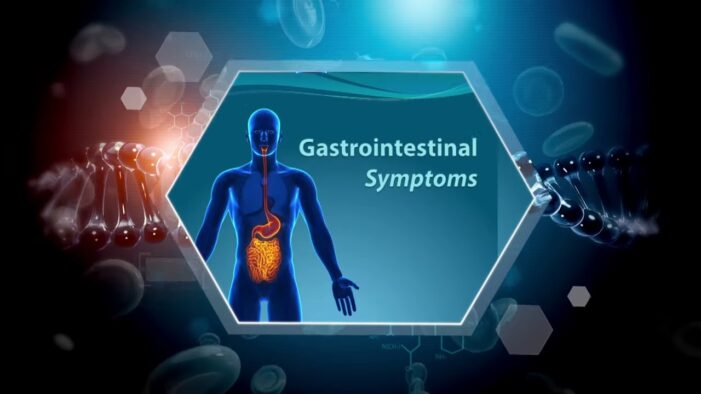
Consuming spoiled mozzarella cheese can lead to various gastrointestinal symptoms. These symptoms usually appear a few hours to a few days after consumption and can range from mild to severe, depending on the level of contamination and your body’s response to the pathogens.
Common symptoms include nausea, vomiting, diarrhea, and stomach cramps. These symptoms occur as your body tries to expel the harmful bacteria causing the infection. Other symptoms may include fever and general malaise or weakness. These symptoms can last for a few hours to several days, depending on the severity of the infection. It’s worth noting that while these symptoms are typically unpleasant, they’re usually not life-threatening in healthy adults.
However, they can be more severe in young children, older adults, pregnant women, and people with weakened immune systems. Therefore, it’s crucial to take these symptoms seriously and seek medical attention if they’re severe or persist for more than a few days.
Bacterial Infections

Consuming spoiled mozzarella cheese can lead to bacterial infections, which can be more serious than typical food poisoning symptoms. Some of the most common bacterial infections include salmonellosis, E. coli infection, and listeriosis, as mentioned earlier. Salmonellosis usually presents with symptoms like diarrhea, fever, and abdominal cramps within 12 to 72 hours after eating contaminated food.
Most people recover without treatment within four to seven days, but severe cases may require hospitalization. E. coli infection, on the other hand, typically causes severe abdominal cramping, and sudden, severe diarrhea that may be bloody and vomiting. It can also lead to hemolytic uremic syndrome, a severe complication that can result in kidney failure. Listeriosis is a serious infection caused by Listeria monocytogenes.
Unlike other bacteria, Listeria can survive and even multiply in refrigerated food, making it especially dangerous. In pregnant women, listeriosis can lead to miscarriage, stillbirth, premature delivery, or life-threatening infection of the newborn. In other adults, it can lead to septicemia and meningitis.
Allergic Reactions
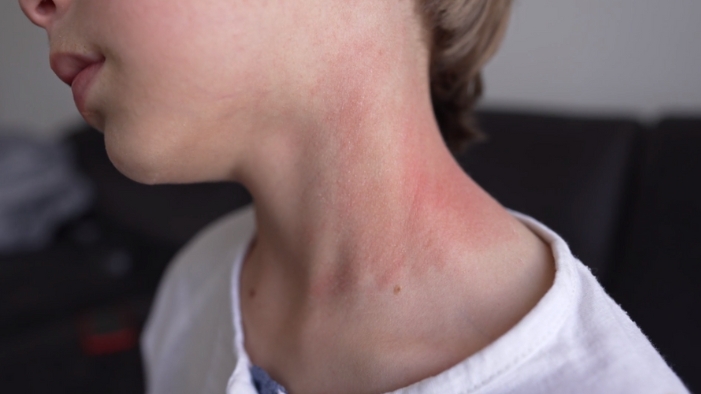
While it’s not common, some people may have an allergic reaction to spoiled mozzarella cheese. This is usually due to the presence of molds, which can produce allergens and trigger an allergic response in sensitive individuals. Symptoms of a food allergy can include hives, itching, swelling of the lips, face, tongue, or throat, difficulty breathing, and dizziness or fainting.
In severe cases, consuming moldy cheese can trigger anaphylaxis, a potentially life-threatening allergic reaction characterized by a severe drop in blood pressure, rapid pulse, loss of consciousness, and serious breathing difficulties. It’s important to note that if you have a known mold allergy, you should be extra cautious with all cheeses, not just mozzarella. And if you suspect you’re having an allergic reaction to cheese, seek medical attention immediately.
Prevention and Food Safety
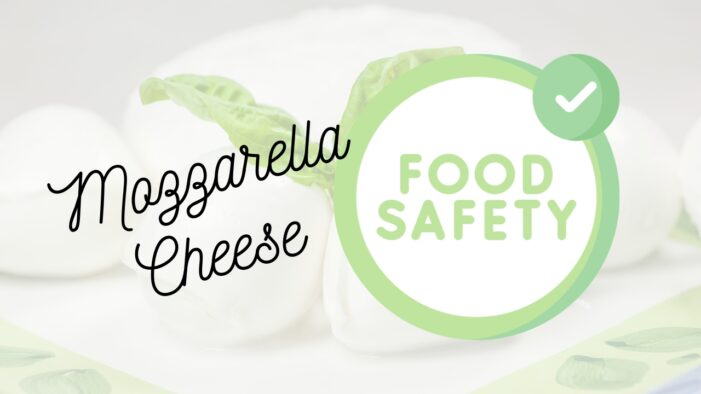
To prevent consuming spoiled mozzarella cheese, it’s crucial to adhere to proper food safety practices. This starts with purchasing the cheese – ensure you buy from reputable sources, check the use-by date, and that the packaging is intact. Once you get home, store the cheese properly. Fresh mozzarella should be kept in the refrigerator and used within a few days of opening, while processed mozzarella can last a bit longer if stored correctly.
Besides proper storage, handling cheese correctly is also vital. Always use clean hands, utensils, and surfaces when handling mozzarella cheese to avoid cross-contamination. If the cheese is left out at room temperature for more than two hours, it’s best to discard it to avoid the risk of bacterial growth. Lastly, if you’re in doubt about the cheese’s freshness, it’s best to err on the side of caution and not consume it. Remember, it’s better to waste some food than risk your health.
Recognizing Signs of Spoilage
When it comes to identifying spoiled mozzarella cheese, there are several tell-tale signs. Visually, the cheese may develop mold, change color, or appear slimy. It’s important to remember that these signs may not always be uniform – sometimes, only part of the cheese may appear spoiled. Besides visual cues, smell and taste can also indicate spoilage. Spoiled mozzarella cheese often emits a sour or unusual odor and can have an altered taste.
However, it’s advisable not to taste the cheese if you suspect it’s spoiled, as this could expose you to harmful pathogens. Finally, remember that not all signs of spoilage are visible or detectable by smell or taste. Sometimes, harmful bacteria can multiply in the cheese without changing its appearance or smell significantly.
Proper Disposal of Spoiled Mozzarella Cheese
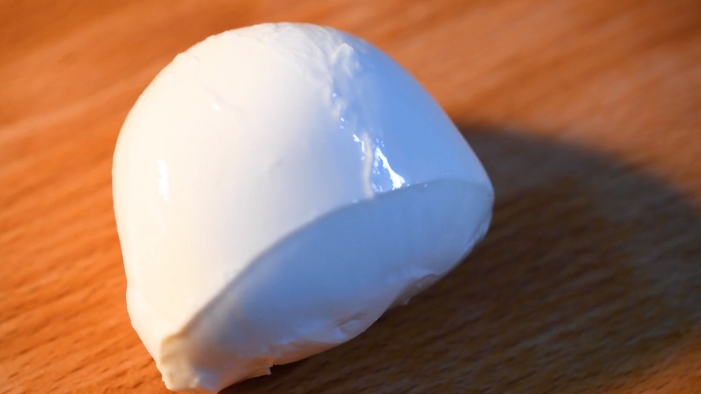
When disposing of spoiled mozzarella cheese, it’s important to prevent cross-contamination with other foods. This means not simply tossing the cheese in your kitchen bin, where it could come into contact with other food items. Instead, wrap the spoiled cheese tightly in a plastic bag or another type of sealable container before disposing of it in the bin.
After handling spoiled cheese, it’s important to clean your hands and any surfaces or utensils that came into contact with the cheese thoroughly to prevent the spread of bacteria. Also, remember that spoiled cheese can emit strong odors as it continues to decompose. Therefore, it’s a good idea to empty your bin regularly to maintain a pleasant environment in your kitchen.
Seeking Medical Attention
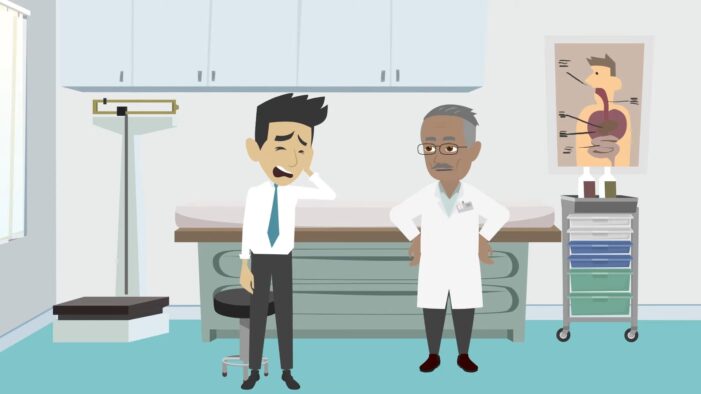
If you’ve consumed spoiled mozzarella cheese and are experiencing symptoms such as severe vomiting, bloody diarrhea, prolonged symptoms lasting more than a few days, or signs of dehydration, it’s crucial to seek medical attention. These symptoms could indicate a severe case of food poisoning or a specific bacterial infection that may require treatment. In some cases, eating bad cheese can also trigger allergic reactions.
If you experience symptoms like difficulty breathing, swelling of the lips, face, tongue, or throat, or if you feel dizzy or faint, seek immediate medical help, as these could be signs of a severe allergic reaction. While mild cases of food poisoning can often be managed at home with rest and hydration, don’t hesitate to reach out to a healthcare professional if you’re concerned about your symptoms. It’s always better to be safe when it comes to your health.
The Role of Proper Hygiene
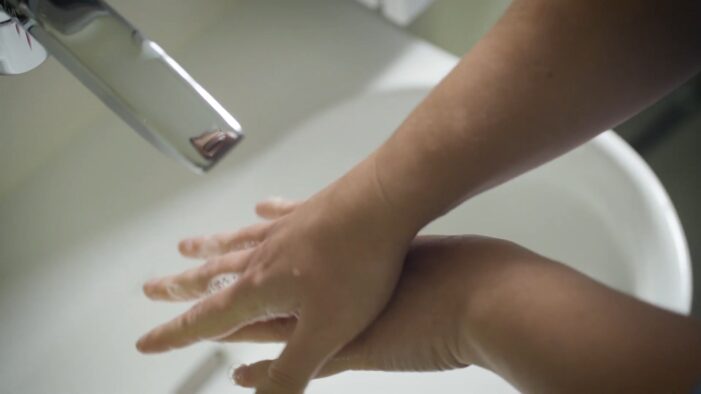
Practicing good hygiene when handling and consuming mozzarella cheese is crucial for preventing foodborne illnesses. This starts with washing your hands thoroughly before and after handling the cheese. Also, ensure all utensils, cutting boards, and surfaces that come into contact with the cheese are clean. Additionally, avoid cross-contamination by not using the same utensils or surfaces for cheese and other foods, particularly raw meats.
This is especially important if you won’t be cooking the cheese, as it won’t go through a heat process to kill potential pathogens. Finally, remember to store your cheese properly. Don’t leave it out at room temperature for extended periods, and always check the use-by date before consumption. Proper hygiene, when combined with good food safety practices, can significantly reduce the risk of consuming spoiled cheese and experiencing related health issues.
FAQs

Can I Cut Off the Moldy Parts of The Mozzarella Cheese and Still Eat the Rest?
It is not advisable to cut off moldy parts and consume the rest. Mold can penetrate deeper than what is visible, and the entire cheese may be contaminated.
Is It Safe to Eat Mozzarella Cheese that Is Past Its Expiration Date but Shows No Signs of Spoilage?
It is generally recommended to adhere to the expiration date on the packaging. Even if the cheese appears fine, there could still be a risk of bacterial growth.
Can Bad Mozzarella Cheese Cause a Severe Allergic Reaction?
While rare, individuals with specific allergies to certain molds or bacteria found in it may experience an allergic reaction.
Are There Any Groups of People Who Are More Susceptible to Foodborne Illnesses from Bad Mozzarella Cheese?
Certain groups, such as pregnant women, young children, the elderly, and individuals with weakened immune systems, are more vulnerable to foodborne illnesses and should exercise extra caution.
Can Bad Mozzarella Cheese Cause Botulism?
Botulism is a rare but serious illness caused by the bacteria Clostridium botulinum. While it can grow in improperly canned foods, it is not typically associated with it.
Can I Safely Eat Mozzarella Cheese that Has Been Frozen and Thawed?
Freezing mozzarella cheese can affect its texture, but if it has been properly stored and thawed in the refrigerator, it should be safe to consume as long as it shows no signs of spoilage.
Conclusion

Consuming spoiled mozzarella cheese can have various consequences, from mild discomfort to serious foodborne illnesses, or even severe allergic reactions. However, with knowledge and awareness, such situations can be easily avoided. Understanding the signs of cheese spoilage, adhering to proper food safety practices, and maintaining good hygiene are all essential steps toward enjoying mozzarella cheese safely.
Don’t forget, if you’re in doubt about the freshness of your mozzarella cheese, it’s best to err on the side of caution and avoid consuming it. Prioritize your health over saving a bit of cheese, and always be vigilant about food safety. It’s better to be safe than sorry when it comes to what we consume, as our health truly is our greatest wealth.

